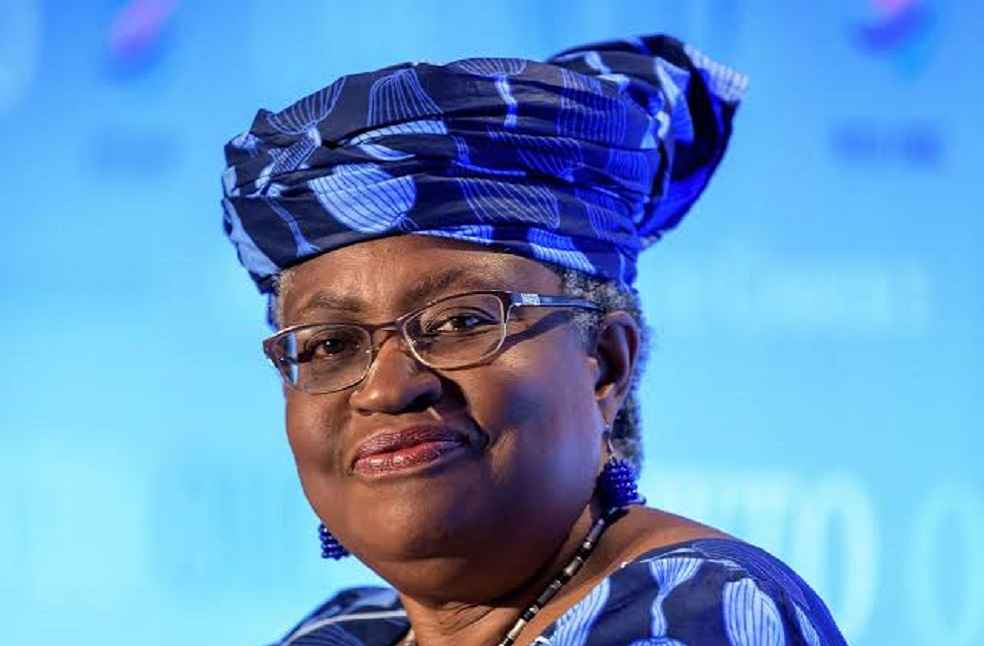The World Trade Organisation (WTO) has issued a stark warning against the global trade split into separate blocs, labeling it as ‘extremely costly’ and a potential trigger for global instability. A recent report from the organization highlights the repercussions of geopolitical tensions on trade flows and challenges the rising belief that the integration of the global economy over the past 25 years was ill-advised.
Ngozi Okonjo-Iweala, WTO Director-General, conceded the organization’s shortcomings yet contended that fortifying the trading system is far more beneficial than forsaking it. She stated, “The alternative to rules-based integration is power-based fragmentation and a world of greater uncertainty, increased socioeconomic exclusion, and heightened environmental decline.”
Global GDP Impact
The report from the WTO estimates that fragmenting the world trade system into distinct blocs would result in a 5% reduction of real income globally, with certain developing economies enduring losses in the double digits. It calls on policymakers to champion greater international cooperation and wider economic integration, a concept termed as ‘reglobalisation’ by the organization.

WTO Chief Economist Ralph Ossa expressed during a conversation that globalization stands at a critical juncture, necessitating careful deliberation by policymakers on the way forward. Ossa noted, “The various crises have generated the perception that globalisation exposes us to increased risks,” and emphasized the importance of embracing, rather than shunning, trade to tackle the pressing challenges of today.
Reevaluating the Merits of International Trade
While the report does not directly reference the Biden administration, it examines the ‘evolving narrative’ that questions the overall advantages of international trade. High-ranking US officials, including Treasury Secretary Janet Yellen, National Security Advisor Jake Sullivan, and US Trade Representative Katherine Tai, have all hinted at a move towards a more protectionist stance in recent public addresses.
This change in approach is intensifying trade frictions between China and the US, especially in critical product categories such as semiconductors. The report emphasizes that concerns related to national security are playing an increasingly significant role in shaping trade policy and illustrates how historical openness to trade has facilitated stability in international relations.

Ultimately, the WTO report advocates for ‘reglobalisation’ and underscores the necessity of international cooperation and economic integration in creating a stable, inclusive, and environmentally sustainable world. It serves as a crucial reminder of the potential ramifications of a divided global economy and the imperative for a reinvigorated dedication to multilateralism.
LATEST NEWS | India-Saudi Alliance: A Pillar of Global Stability and Prosperity


